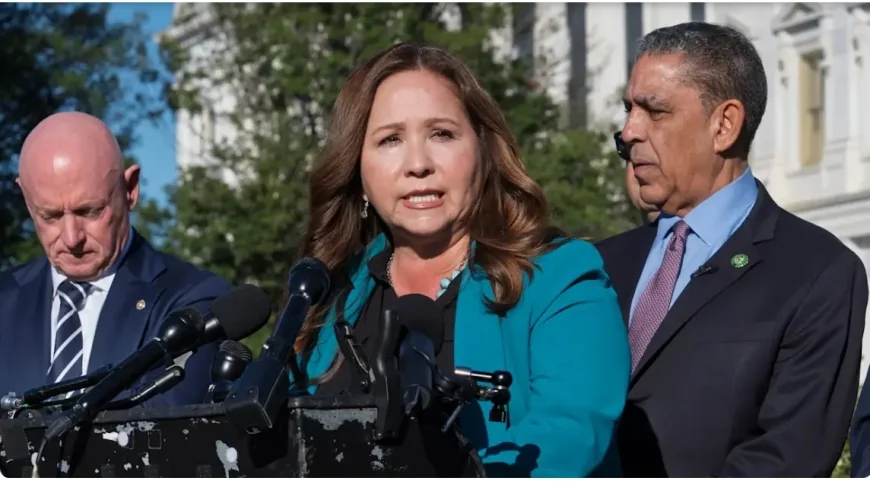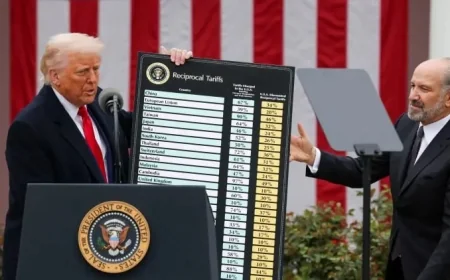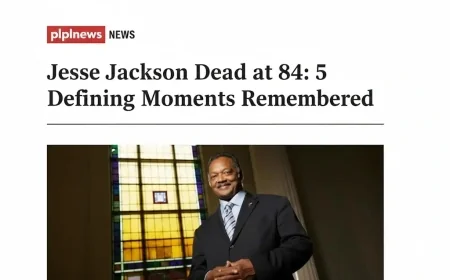A months-long bipartisan effort to bypass Speaker Mike Johnson and secure the release of all Justice Department files related to the late sex trafficker Jeffrey Epstein is gaining momentum this week, potentially setting up a House showdown in December that President Donald Trump wants to avoid.
The proceedings are scheduled to begin Wednesday evening when Johnson will swear in Representative-elect Adelita Grijalva just before the House votes to end the government shutdown, ending a 50-day wait since the Arizona Democrat's election. Immediately afterward, Grijalva announced she would add the 218th and final signature to the discharge petition filed by Representatives Thomas Massie (Republican-Cuberty) and Ro Khanna (Democrat-California) to force a vote on the full release of the Justice Department's Epstein files.
This would be the culmination of months of drama that escalated into a full-blown crisis for Johnson this summer, when a Republican revolt paralyzed the House and forced leaders to recall the House early for the August recess. The uproar over the potential cover-up of the Epstein case has subsided, but not completely ended.
The completion of the rescission petition, a rarely used method to circumvent the majority party's leadership, will begin the countdown to the bill's introduction in the House. The petition will still take seven legislative days to prepare, leaving Johnson with two legislative days to vote. Senior Republican and Democratic aides estimate that the House vote will occur in the first week of December, after the Thanksgiving holiday.
The rescission petition introduces a "rule," a procedural measure that sets the terms of debate for consideration of the Epstein bill in the House. This gives the effort's leaders greater control over the bill, which will require Senate approval even if passed in the House.
Senate Republican leaders have not publicly committed to taking up the Epstein bill if it passes the House. Republicans expect it to die in the Senate, but not before a contentious battle in the House.
Although Johnson has the option of rejecting the bill before it is introduced in the House, he stated in an interview last month that he would not do so. Republicans on the Rules Committee have also warned Johnson that they will not help him kill the bill in the panel, and in turn, he has privately assured some of them that if the petition reaches 218 signatures, the Epstein bill will be considered in the House.
In that case, the Speaker can reject it only if he secures enough Republican votes—a difficult task in a majority where Johnson has only a two-vote margin after Grijalva's inauguration.
"I'm confident the House vote will be successful," Massie said in an interview. "Some Republican members who haven't signed the petition have told me they will vote in favor of this bill when it comes to a vote. I suspect there will be many more."
He added, "I also wonder if Speaker Johnson might advise politically vulnerable members to vote in favor of it."
Republican leadership circles estimate that several dozen Republicans in the House are considering supporting the effort, even though Trump officials have persuaded many hardliners not to sign the discharge petition.
Republicans and Democrats are closely monitoring the three Republican women who took the rare step of defying party leadership and signing Massie's effort. Representatives Lauren Boebert of Colorado, Marjorie Taylor Greene of Georgia, and Nancy Mace of South Carolina are supporting the measure, despite a fierce pressure campaign in recent months by White House officials and senior Republicans to undermine Massie's efforts.
"They're all still in favor," Massie said.
But Trump has repeatedly tried to downplay the Epstein case as a "Democratic hoax" and has accused Republicans on Capitol Hill and even his own constituents of fueling controversy over the files. He claimed in September that the Justice Department had already "done its job" and released all the information it could.
Massey predicted a "last, desperate attempt" by Trump officials to weaken the discharge petition. "But I hope this effort fails," he said.
"Even if one signer removes their name, another member will come along later, bringing us to 218," Massey said, referring to the December special election for a safe Democratic seat in Texas. "The key is to get to 218."
In recent weeks, Johnson has tried to persuade House Republicans to oppose the bill once it enters the House floor.
"The bipartisan House Oversight Committee is already accomplishing everything that was required in the discharge petition, in that move—and much more," Johnson said at a press conference last month.
He said the committee was conducting a series of investigations into the matter as part of the panel's months-long investigation.

 Like
2
Like
2
 Dislike
0
Dislike
0
 Love
0
Love
0
 Funny
0
Funny
0
 Angry
0
Angry
0
 Sad
0
Sad
0
 Wow
0
Wow
0











































